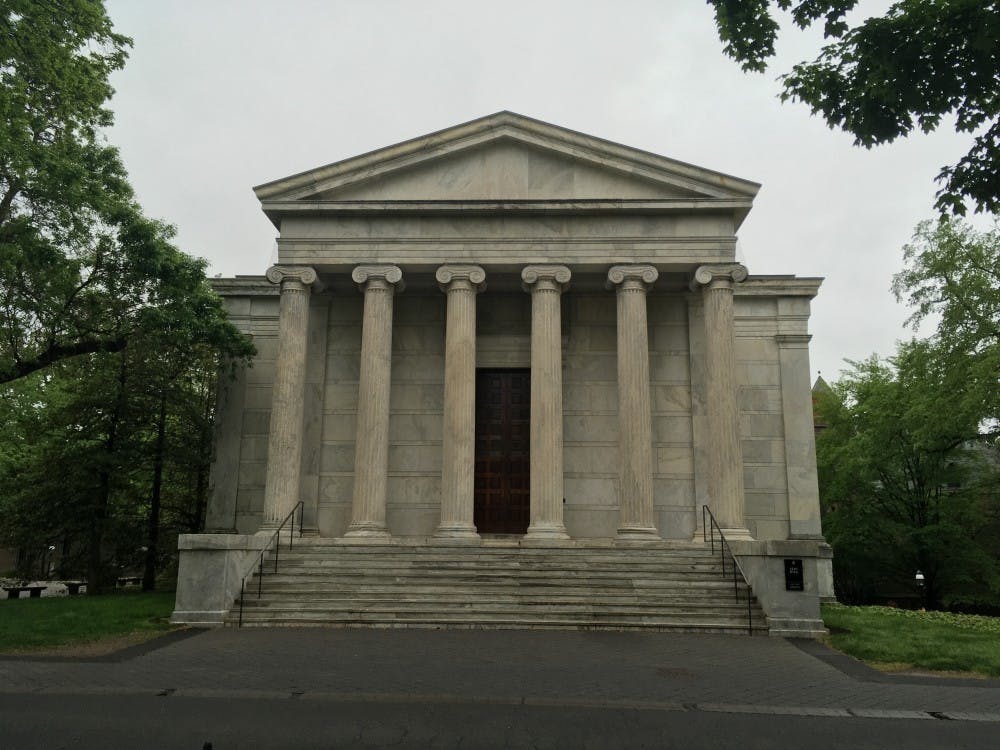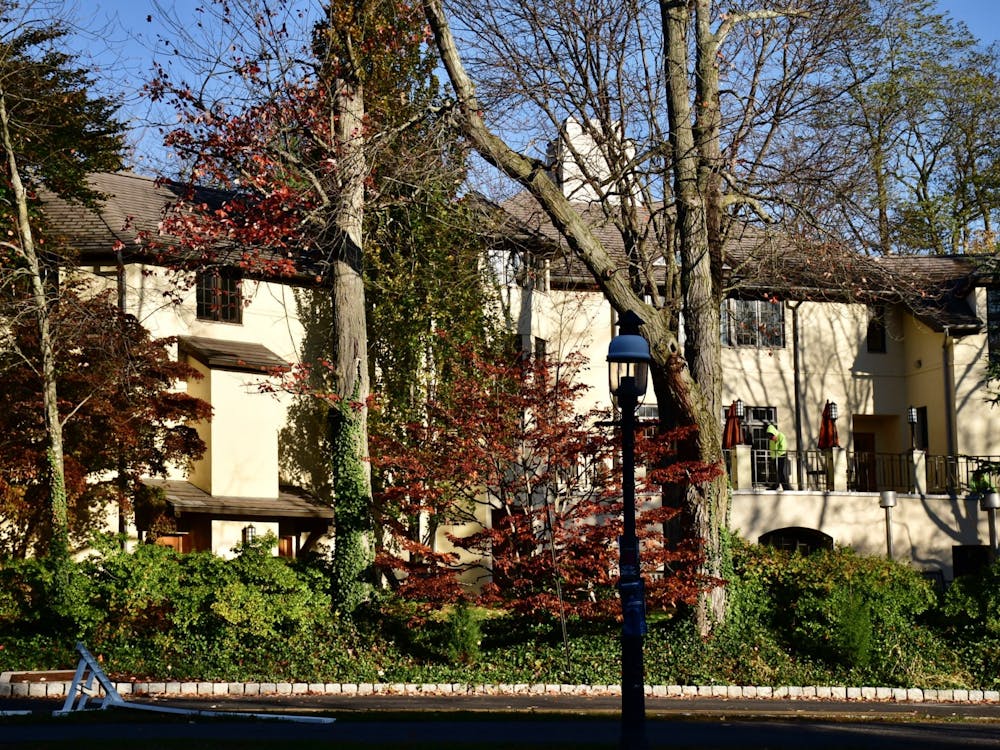Before the Revolutionary War, the American Whig Society and — a year later — the Cliosophic Society formed in the attic of Nassau Hall. Together they formed the center of extracurricular life at Princeton. After some time, they got their own marble buildings, paid for by society graduates and other generous donors so that these two societies could have their own space.
A lot has changed since then, as the eating club system took up some of the energy previously seen in the two groups, and as they merged to become the American Whig-Cliosophic Society. In this, they transferred the ownership of the Society’s property to the University, with the understanding that it would be maintained for Whig-Clio’s use under the oversight of a new Board of Trustees. Today, despite the intention that Clio Hall be used for Whig-Clio, we see the society residing solely in Whig Hall, with no ability to use Clio. I believe it is time Whig-Clio takes back Clio Hall.
Why do this? This hall, which now houses the Graduate College’s administrative offices, was built with graduate donations — not for the University, but for the Cliosophic Society, according to “Nurseries of Letters and Republicanism: A Brief History of the American Whig-Cliosophic Society and its Predecessors, 1765-1941” by J. Jefferson Looney.
It was used for almost half a century until it became expedient for the old Societies to join together in 1928. When the official merger occurred in April 1941, both halls were set aside, according to agreements between Princeton and the organization located in Mudd Library, for “undergraduate activities in the fields of public speaking, debate, conferences on public affairs, literature, and journalism.”
Months later, the new Board of Trustees, appointed by the president of the University, amended the agreements of the merger in order to give the University better access to the halls. This was just the first step. In 1983, they took this a step further and allowed for Clio Hall to be used for any purpose the University wished, as long as a rent payment was made to the Society’s funds.
Today, there are many uses for Clio Hall, both for Whig-Clio and the other uses originally specified. Literary organizations such as the Nassau Literary Review, which was originally a part of Whig-Clio, could be housed there. Political interest groups across the political spectrum could use this space, as they have no space of their own, and interest in them would increase should they have that space. The collegiate debate subsidiaries of Whig-Clio could also use that space. The now small Whig and Clio parties, no longer what they used to be, could take up this space and regain the strength that the original merger wished they would maintain.
There is no reason that this shouldn’t happen; there is no reason we should allow this hall to be misused. It should not be used for the Graduate Administration, and the University has the resources to relocate them.
Imagine if Whig and Clio were eating clubs. That’s what they used to be like, with the same student commitment and community. Would it be right for an eating club that was entrusted to Princeton for its preservation, oversight, and maintenance to be subsequently turned into office space for the University? Imagine if this were your club, if you are in one. Would it be right for Tower, Ivy, Cloister, or any other club? No, it would not be.
As such, I call on all relevant parties to call on Princeton University and the Board of Trustees of the American Whig-Cliosophic Society to amend their agreement back to its original state and intention, so that Clio Hall may be used by Whig-Clio and other related groups. This need not happen immediately, as there must be time to relocate the Graduate Administration, but it must happen if Whig-Clio is truly to be the center of political life on campus — in both of its halls, as they were built to be.
Brent Kibbey is a junior in the Woodrow Wilson School from Portland, Tennessee. He can be reached at bkibbey@princeton.edu.









